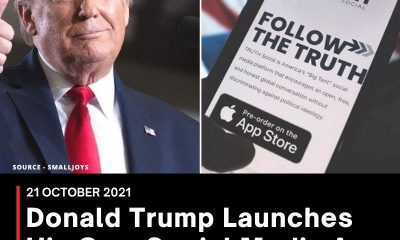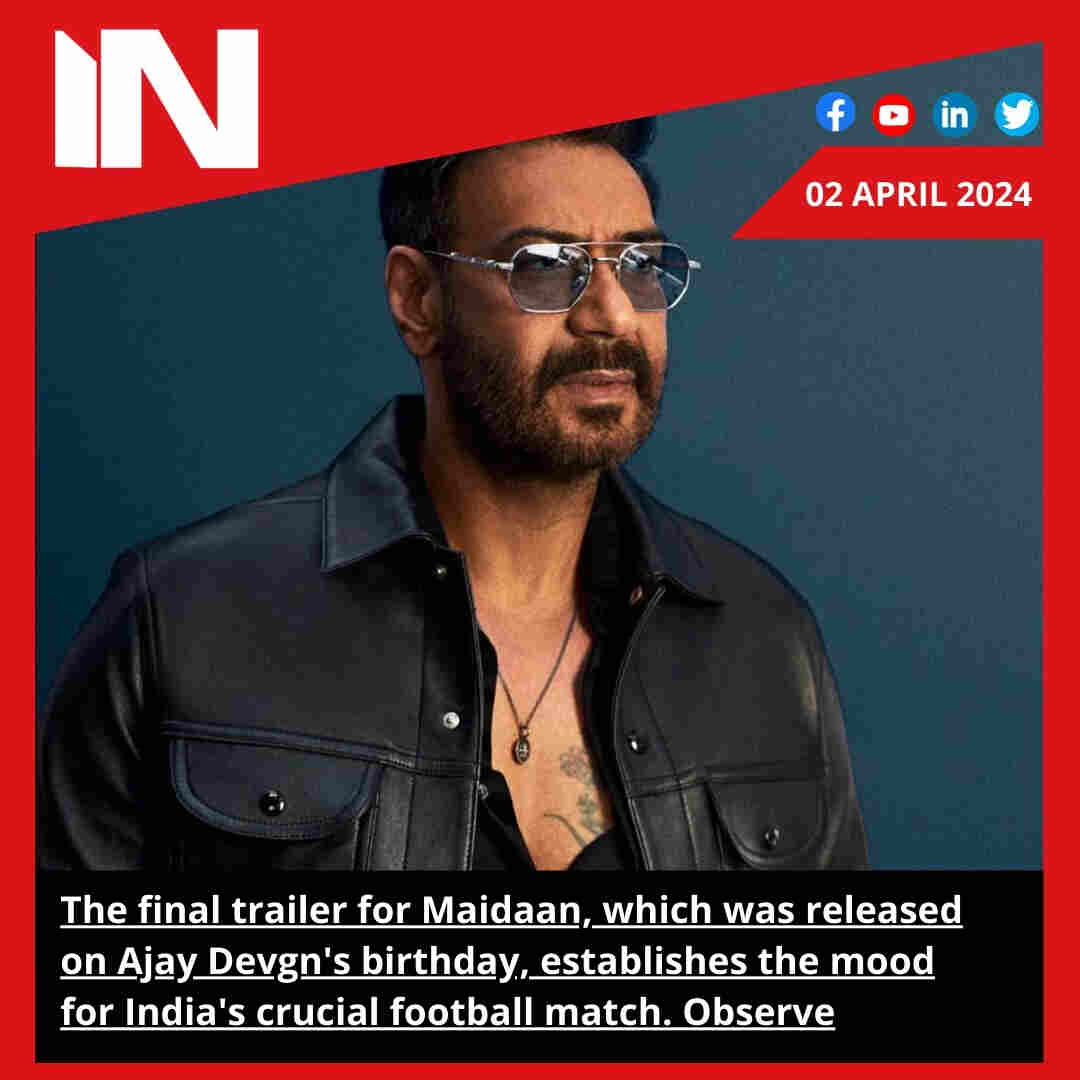India Hot Topics
Trump plans to ban visas of foreign students in online classes

In a stunning reversal of policy, the Trump administration on Tuesday abandoned a plan that would have forced out tens of thousands of foreign students following widespread condemnation of the move and pressure from colleges and major businesses.
U.S. officials announced last week that international students at schools that had moved to online-only classes due to the coronavirus pandemic would have to leave the country if they were unable to transfer to a college with at least some in-person instruction.
The government said it would drop the plan amid a legal challenge brought by universities. But a senior U.S. Department of Homeland Security (DHS) official said the administration still intended to issue a regulation in the coming weeks addressing whether foreign students can remain in the United States if their classes move online.
There are more than a million foreign students at U.S. colleges and universities, and many schools depend on revenue from foreign students, who often pay full tuition.
The July 6 move by the administration blindsided many universities and colleges that were still making plans for the fall semester, trying to balance concerns about rising cases of the novel coronavirus in many U.S. states and the desire to return to classes.
A flurry of lawsuits were filed challenging the rule including one brought by Harvard University and Massachusetts Institute of Technology and another by a coalition of state governments. Dozens of big companies and colleges and universities filed “friend-of-the-court” briefs opposing the rule.
Harvard planned to hold all of its classes online for the upcoming academic year.
President Donald Trump, who is pushing schools across the country to reopen in the autumn, said he thought Harvard’s plan not to hold in-person classes was ridiculous.
Also Read : Nearly 30,000 New Cases Of Covid-19 Recorded In India In Last 24 Hours
The universities argued the measure was unlawful and would adversely affect their academic institutions.
In a highly anticipated court hearing on Tuesday in the case brought by Harvard, U.S. District Judge Allison Burroughs in Massachusetts said the U.S. government and the two elite universities that sued had come to a settlement that would roll back the new rules and restore the previous status quo.
The hearing lasted less than four minutes.
The controversy began after U.S. Immigration and Customs Enforcement (ICE) said it would re-instate rules for international students on F-1 and M-1 visas that limit the number of online courses foreign students can take if they want to remain in the United States. Those rules had been temporarily waived due to the public health crisis. Many academic institutions assumed they would be extended, not rolled back.
The DHS official, who spoke on condition of anonymity, said the details of any future regulation on this issue remain under discussion.
In particular, DHS officials are still deciding whether to treat students already in the United States differently than students seeking to enter the country for the first time, according to the official.
California Attorney General Xavier Becerra, who led a separate lawsuit challenging the visa rules, said in a written statement Trump’s “arbitrary actions” put the health of students and communities at risk.
“In the midst of an economic and public health crisis, we don’t need the federal government alarming Americans or wasting everyone’s time and resources with dangerous policy decisions,” Becerra said.ICE and the U.S. Department of Justice did not immediately respond to a request for comment.
Source : Banglore Mirror
Also Read : Moderna Is Preparing For The Last Stage Trial Of The Corona Vaccine
Movie
The Madras High Court has granted early screenings of Vijay’s Leo movie from 7 AM, requesting the TN government to resolve any issues.
Madras High Court Grants Early Screenings of Vijay’s “Leo” Movie at 7 AM, Urges TN Government to Address Concerns
The Madras High Court has made a landmark decision in favor of the much-anticipated Tamil film “Leo,” starring actor Vijay. In a significant move, the court has granted permission for early screenings of the movie from 7 AM, urging the Tamil Nadu government to swiftly address any issues and facilitate the smooth release of the film. This decision marks a pivotal moment in the realm of Tamil cinema and the entertainment industry at large.
Historical Context:
The Indian film industry, particularly the Tamil film industry, has seen its share of controversies and challenges related to film releases. Issues such as censorship, political disputes, and public sentiment have often played a significant role in shaping the release schedules and screening times for films. Vijay, one of Tamil cinema’s most prominent actors, has been at the center of such controversies in the past. This decision by the Madras High Court is, therefore, particularly noteworthy.
The Ruling:
The Madras High Court’s decision to permit early screenings of “Leo” comes as a response to a plea filed by the film’s producers. The court, while considering the plea, took into account various factors, including the film’s anticipated popularity and the prevailing circumstances. The court emphasized the importance of accommodating the audience’s interests and allowing them to enjoy the film without disruptions.
A Step Towards Normalization:
The court’s decision signifies a positive shift in the film industry, where release dates and screening times are often mired in controversy. By allowing screenings to commence at 7 AM, the court aims to reduce the chances of public unrest and congestion near theaters, especially in the wake of high-profile film releases.
The Role of the Tamil Nadu Government:
The Madras High Court, in its ruling, also called upon the Tamil Nadu government to cooperate in ensuring a seamless release for the film. This cooperation extends to providing necessary security measures to maintain law and order around theaters during the early screenings.
Implications for the Entertainment Industry:
The decision is expected to set a precedent for the release of other highly anticipated films, not just in Tamil cinema but also in the broader Indian film industry. The court’s emphasis on the importance of accommodating the audience’s interests could lead to more flexible screening times for movies in the future.
The Audience’s Perspective:
For moviegoers and fans of Vijay, this decision comes as a welcome relief. They can now look forward to enjoying the film without any undue delays or disruptions, ensuring a memorable cinematic experience.
In conclusion, the Madras High Court’s ruling to allow early screenings of Vijay’s “Leo” at 7 AM while urging the Tamil Nadu government to resolve any issues paves the way for a more audience-centric approach in the film industry. It is a landmark decision that highlights the importance of balancing the interests of filmmakers and the movie-loving public. This judgment is poised to make a positive impact on the release of future films, ushering in a new era of flexibility and convenience for cinema enthusiasts.
Group Media Publications
Entertainment News Platforms – anyflix.in
Construction Infrastructure and Mining News Platform – https://cimreviews.com/
General News Platform – https://ihtlive.com/
Podcast Platforms – https://anyfm.in
-

 Bollywood2 months ago
Bollywood2 months agoAishwarya Rai maintains her stunning appearance in a new L’Oreal ad.
-

 health and remedies2 months ago
health and remedies2 months agoThe article discusses the potential health risks associated with swallowing dry ice
-
.jpg)
.jpg) Music1 month ago
Music1 month agoSidhu Moosewala’s father and baby brother feature on Times Square billboard; fans react. Watch
-

 Entertainment2 months ago
Entertainment2 months agoThe Anant Ambani-Radhika Merchant pre-wedding bash in Jamnagar has received a list of guests.
-

 Trending2 months ago
Trending2 months agoDolly Chaiwala: “Didn’t Know Who He Was” in reference to giving Bill Gates tea
-

 Bollywood3 weeks ago
Bollywood3 weeks agoThe phrase “female-led projects” annoys Bhumi Pednekar. “It disgusts me deeply.”
-
Bollywood2 weeks ago
Rasha, the daughter of Raveena Tandon, discusses how trolling affects her: “I think in processing it, feeling bad for a bit.”
-

 Trending2 months ago
Trending2 months agoOppo Reno 12 Pro Key Features Leak Online: Expected to Receive a 1.5K Display with a Density 9200+ SoC






%20(1).jpg)
%20(1).jpg)
%20(1).jpg)
%20(1).jpg)
.jpg)
%20(1).jpg)
%20(1).jpg)





